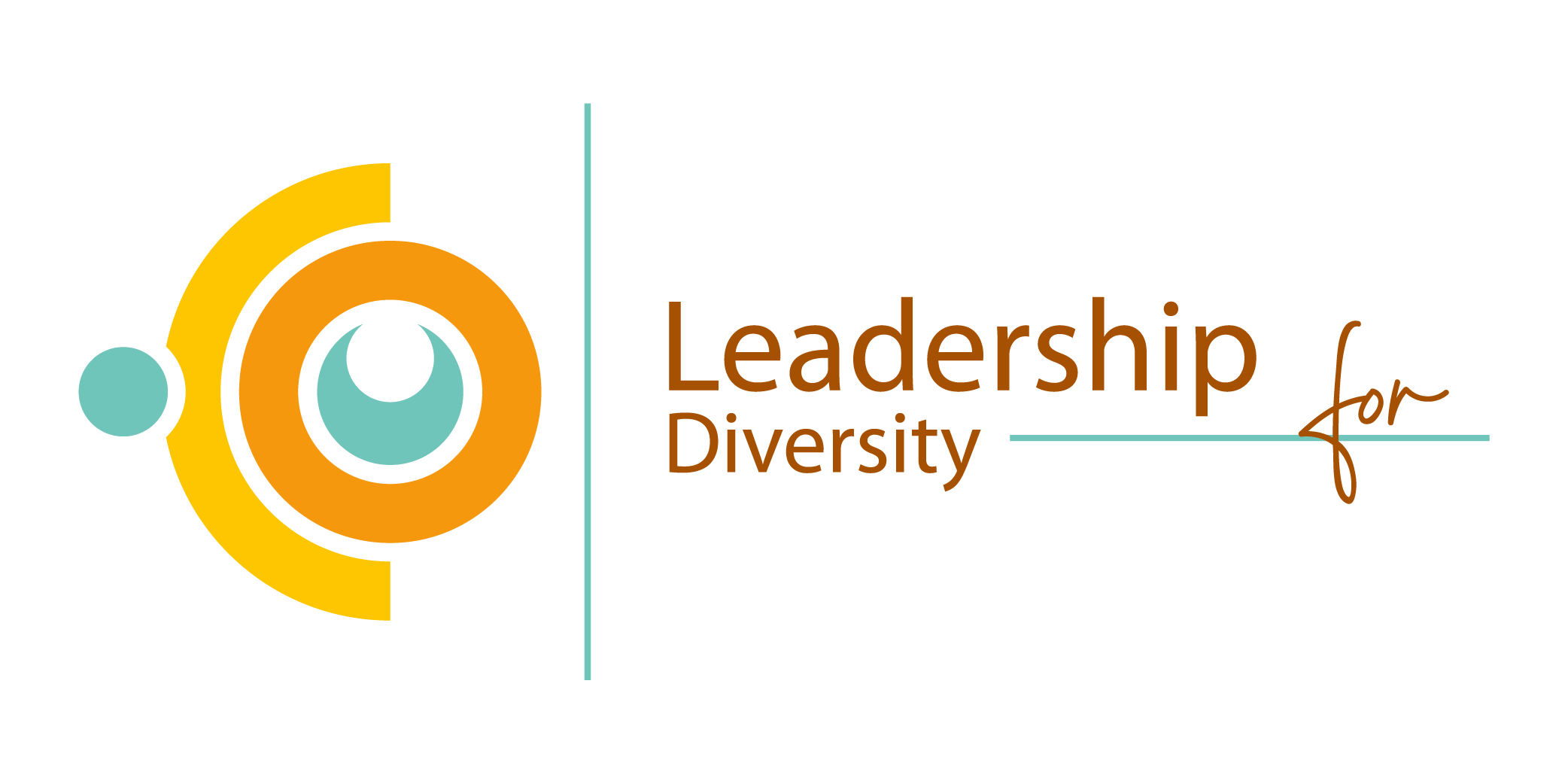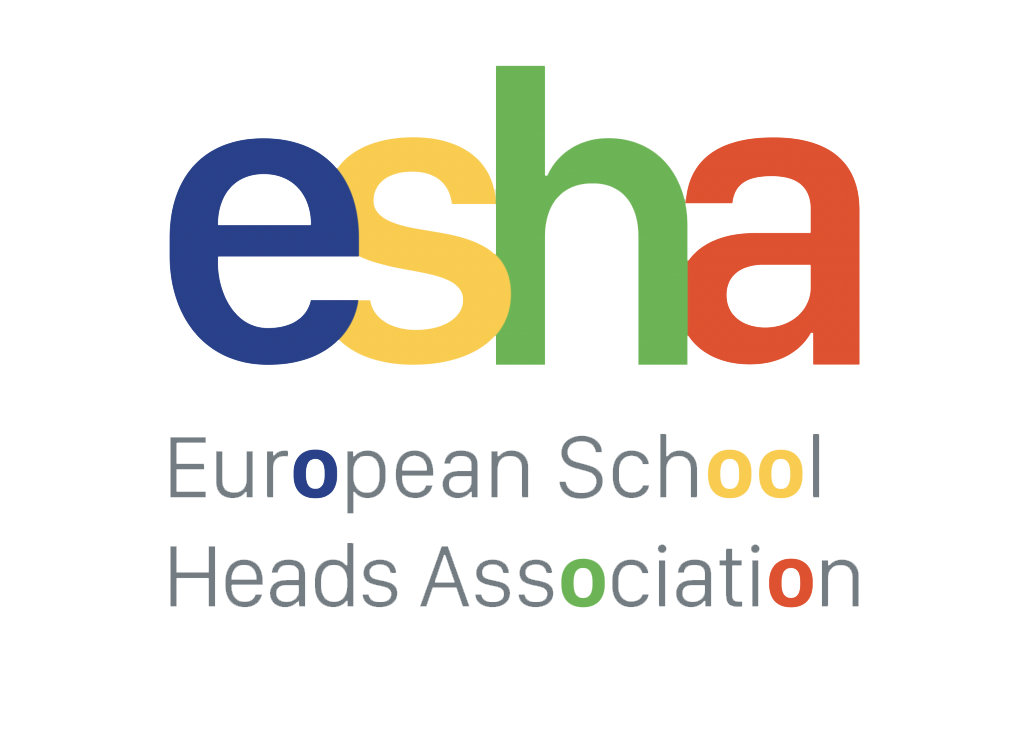By Cordula Rooijendijk
‘Can’t we just trust our professionalism? Is it really necessary to pay extra attention to diversity?’ A headmaster asks me during a lecture I am giving on my latest book, ’15 lessons that primary schools of colour teach us.’ ‘Yes,’ her colleague adds, ‘for me, on the contrary, everyone is equal. I don’t want to make any distinctions at all. Children don’t do that either, do they?’
For a long time, that was also my belief.
I am a doctoral scientist, keep up with professional literature quite well (of course, by no means everything, the life of a primary school headmaster is busy), read two newspapers, follow public debates in various media. I thought I had enough knowledge about diversity and therefore was doing quite well as a headmaster. And I also thought that you shouldn’t name the differences between people, especially not with toddlers, because they are still so uninhibited in the world that you only polarize. Right?
Until I visited a colourful school for the first time and noticed that I didn’t see anything.
Your environment determines what you do and do not see. I was born in the Bijlmer and grew up in Amstelveen. I never visit Amsterdam-West and have no Muslim friends. My parents were theoretically educated.
I managed to plan a reading breakfast during Ramadan two years back. I made a school guide with too much text, and a website that was impossible to get through for parents who are practically educated or whose first language is not Dutch. I thought you simply have more and less involved parents. I thought it was good to only promote the use of Dutch at school. I didn’t pay enough attention to our school library where there were still few books that children with a migration background, children of colour or queer children could identify with.
Dozens of schools of colour I ended up visiting. The teachers and headmasters there made me see through their lenses, which made me see other bits of the world. Through them, I read scientific research that I didn’t see before. It culminated in that book.
The most important lesson? Go for coffee at another school that is different from yours. Get ‘the other’ into your school so that your students and your team get to know people who are different from them. Do this especially with pre-schoolers too, because research shows that this is precisely when we need to teach pupils that there are differences between people – and that this is okay. That everyone is allowed to be there regardless of skin colour, cultural background, gender, socio-economic status, place of residence, sexual preference, whether disabled or not and so on.
Only then will we teach our students to live together peacefully, only then a future without wars lies ahead. And with all that is happening in the world now, isn’t that ultimately everyone’s goal?








